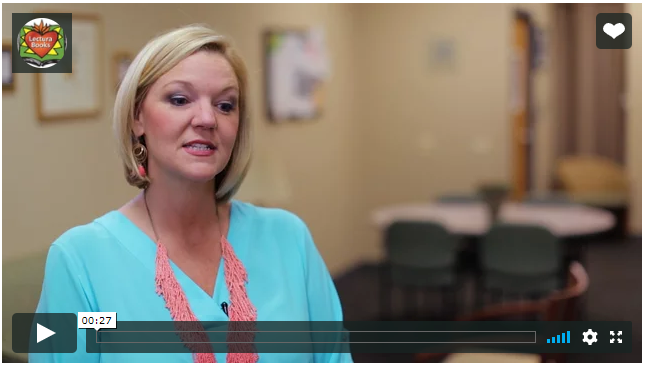With the enactment of the new Every Student Succeeds Act (ESSA), the focus of advocacy now turns to effective implementation of the law to ensure every child has the ability to reach their full potential. ESSA focuses on the academic success of students by integrating staff development for teachers, parent outreach and a focus on support for English Learners. Parents play a very big part in supporting their kids and some parents need more support than others. It would be helpful to train teachers to understand how to integrate parents into the school culture.
The PTA recognizes that educational opportunities for students in the public schools of this nation are dependent on the quality of instructional programs and staff. As such, it recognizes teacher preparation, staff development and renewal as critical investments in children. Programs must be designed to initiate and strengthen professional excellence in instruction, teaching techniques, academic knowledge, human understanding, critical thinking, technology, and parent and community involvement, states the organization.
According to the U.S. Department of Education (ED), there is a growing body of research linking meaningful engagement of families in their children’s early learning experiences with kindergarten readiness and academic success. The Department also says that research indicates that parental involvement in children’s learning and development impacts lifelong health, developmental and academic outcomes.
It adds that engaging with families is especially crucial in the early years of learning, since this is the stage during which young children acquire foundational competencies, such as language, literacy, and social-emotional skills that strongly affect their capacity for life-long learning.
All roads lead to academic success for ESSA when parent involvement and staff development are involved like the award-winning programs offered by The Latino Family Literacy Project. A White House BRIGHT SPOT winner, The Project offers staff development and training workshops to educators for ELL parent involvement.
Each of the age-specific programs engages the parents in reading with their children, reflects the experiences of Latino families and is centered around universal themes. All materials, books and curricula used are bilingual and in a simple format. Each program is evidence-based and has a built-in evaluation process to measure the success of what the parents learned in class and includes at home skill-based activities for parents and children that support the state standards for each specific age group. Educators provide these programs to parents at their school to help in establishing a regular family reading routine, vocabulary development, college awareness, and English-language skills.
The Latino Family Literacy Project uses bilingual books published by Lectura Books, a national educational publisher specializing in parent involvement and English Learners.

